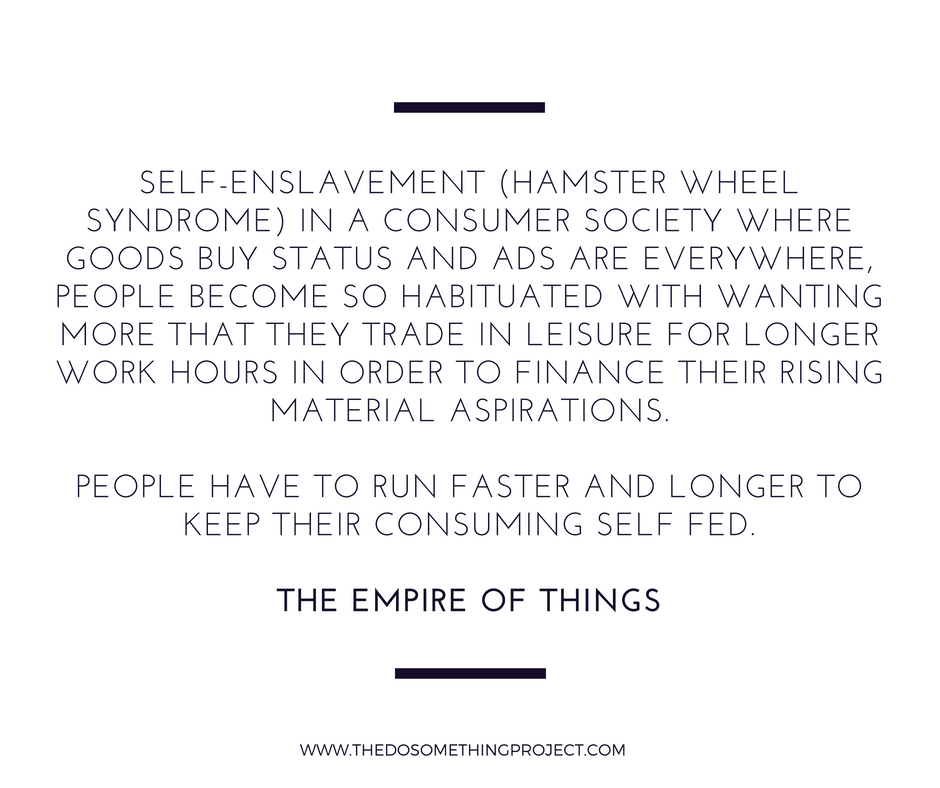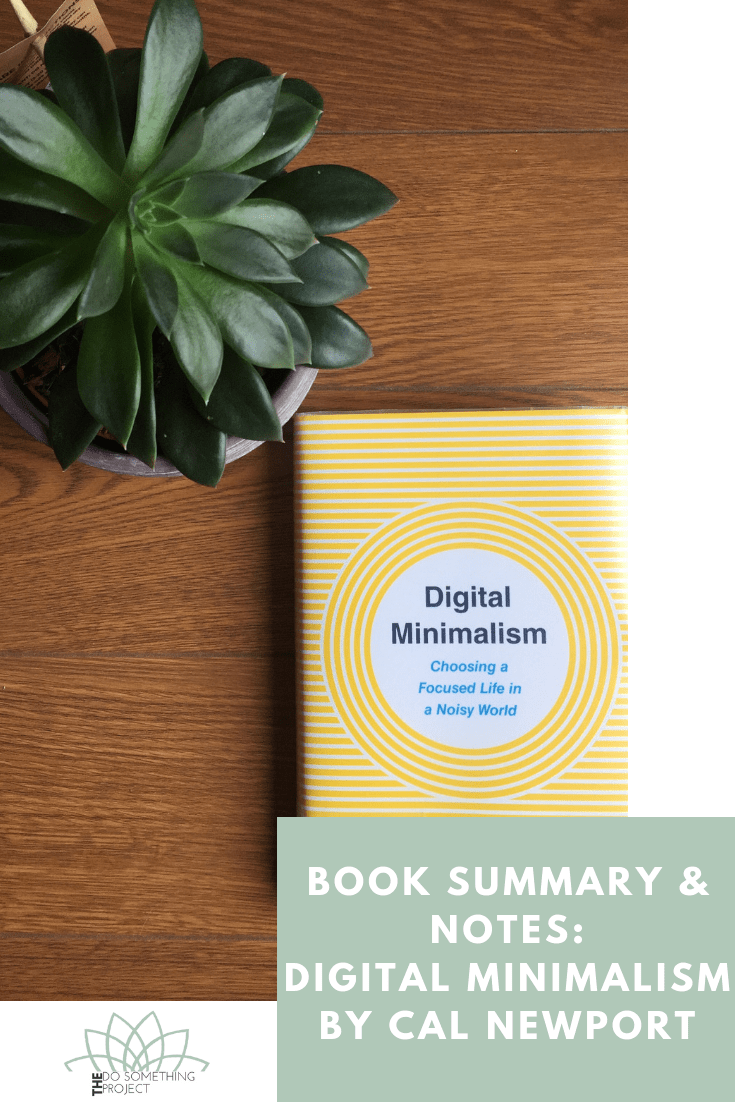"Men are forced to labour now because they are a slave to their own wants."
This post contains affiliate links. See Disclosures for details.
It took me some time to finish this book, but after several renewals from the library, I finally finished Empire of Things: How We Became a World of Consumers by Frank Trentmann. It's a fascinating read! It reads a little bit like a history textbook. It runs through a range of histories of multiple countries to see show how goods traveled from one place to another. It should be noted that consumption isn't a new idea, but it has rapidly grown thanks to the Industrial Age and post Second World War.
I will not be able to do the book justice by summarizing it. While the book is long, it is worth reading slowly. I will try instead to highlight a few topics that were of interest and they may be to you as well. I highly commend the author for the thorough research that weaves in stories from various worlds to provide this unique view of the consuming world. The book itself is lightly biased from Britain's perspective, but this appears as a good starting point as England was itself an imperial nation with reaches far beyond its current island borders.
The Fulfill ment Curve from Your Money or Your Life
The book also confirms our need to really, truly assess our need for stuff and the sacrifices that we are making for this excess. It confirms the themes I have in this blog about minimizing your wants, investing in quality products, and understanding the impact of your consumption on the planet and the wallet. We need to find our enough point so that we don't continue to sacrifice our time for money and money for stuff with the hopes that we will get to enjoy it later.
*Shout out to Nelli for this recommendation!
The Selling of Labor
For a time men labored to make ends meet. Families were self-sufficient in what they manufactured, produced or created. It was rare that families bought read made items. Instead they bought materials and supplies and learned to make things and be economical in what they consumed. Fast forward many years later, instead of producing what they needed, households began to sell their labor so that they could buy more stuff. This was egged on by marketing/advertising. This was promoted by government. This was promoted by credit cards. This was promoted by various mechanisms to get households to think they never have enough and consume away.
At some point "affluent workers derived their identity and self worth from the things they owned and used rather than things they made."
Today, we sell our time for money. We then use that money for buy stuff. The problem is that we never seem to think we have enough stuff, always wanting the latest version and it creates this never ending cycle.
Consumption became more important than production.
Luxury Items Made by Slaves
If we look at a list of today's commodities, we will surely see that majority of them were made on the backs of slaves. That's the reality and there is no sugar coating it. From cotton to coffee to chocolate to gold to oil to the rest of the commodities, these items started from colonies to plantations to mass markets. In the beginning, some of these items were strictly reserved for the elite and were known as luxury items. As globalization increased and the flow goods increased over time, these items started to hit the masses. The markets required mass production of these goods and this resulted in the exploitation of people to get these items on to our tables, homes, and cars.
For many of these commodity items, it also important to note that many of them originate and continue to come from the developed world. Clever marketing has created space and distance from these places so many times, we never have to think about the fact that our favorite luxury items come from poor countries made by laborers. For example, majority of chocolate is grown and harvested in West Africa where to this day, child labor continues to be rampant in cacao plantations. (Read Fortune: Inside Big Chocolate's Child Labor.) Big Chocolate which consists of Cadbury, Mars, Nestle, and The Hershey Company use up 12% of the cacao produced, but are silent about its origins. This is called "spatial reordering".
Consumers Have the Power
Consuming was no longer a necessity for survival, but a right with protections. Ads portrayed women as powerful consumers. (An idea that I'm fighting to change over at Sisters for FI. Not that women should not have any power, but that consumption is not the answer.)
The ability to have a choice in what they consumed gave a false sense of security to many consumers. Choice actually created more waste. Choice took a lot of mental energy. Choice felt like freedom. Choice shackled people to feeling like possessions were the most important things and shackled them to the fear of losing them.
Even post 9/11, Americans were instructed to go about their daily business, to go shopping and keep the economy going.
“Critique of “Consumerism” come in two guises. First, the root of the problem is a social and moral failure: people want constantly more than they really need, egged on by brands, advertisers and corporations and by their own desire to show off and emulate their superiors. The second sees “consumerism” as part of a larger obsessions with economic growth that triumphed after the Second World War. Liberate rich societies from the gospel of growth and switch to “zero growth”, and the unsustainable surge of material goods will come to a stop. Sometimes, the two views work together.”
Credit and Debt
Credit was a big factor for Americans spending. The introduction of a credit card encouraged households to buy and buy. The average American happily spends tomorrow's income. Things were bought on sale often with two-for-one specials encouraging overshopping. "Advertisers nurtured the restless self. There was always a new product around the corner promising greater fulfillment." Debt made one person a slave to an institution of debt. "Sale, the magic world that stocks our wardrobes, deletes our purses, disorganizes our routine, fascinates us, repels, us, delights us and disappoints us."
“People became addicted to credit they could not afford in order to buy stuff they did not need. Easy credit fed a cult of novelty and luxury with disastrous consequences. “Buy Now, Pay Later” made people shortsighted and self-centered, easy prey for advertisers peddling the illusion that more stuff means more self-esteem. Inherited self restraint was thrown to the wind in pursuit of gratification. Despression was pre-programmed in the psychological and economic sense.”
Empire of Things: Self enslavement (hamster wheel syndrome)
Ready to see the impact of your
consumption on the planet,
sign-up for the 15 day
#SaveMoneySaveThePlanet Project.
The Paradox of Affluence
“Buysness signaled status. ”
As more and more people bought and used goods to showcase where they belonged in the world, it meant that they traded in their time for stuff. Being time poor seemed to be the price we paid for being rich in stuff. At the root of the paradox of affluence lay an "increasing scarcity of time" as consumption takes time as well as money.
“Self-enslavement (hamster wheel syndrome) in a consumer society where goods buy status and ads are everywhere, people become so habituated with wanting more that they trade in leisure for longer work hours in order to finance their rising material aspirations. People have to run faster and longer to keep their consuming self fed.”
Waste and Loss of Bio Diversity
The twentieth century saw a sharp decline in biodiversity reversing 10,000 years of history. While most individuals are enjoying a richer and more varied diet, the varied spices & sauces flavor the same meat, rice and chicken. This goes to the idea of factoring farming creating one specific species that defies nature so that it can be grown faster and larger in the shortest amount of time thus allowing it to reach our tables in an unnatural amount of time.
“What we take home in our shopping bag carries with it a material past and future.”
Waste piles are a reminder of our addiction to more. Waste is a constant reminder of carelessly designed objects that are not made to last and the resources that go into creating them. Used goods from the rich world ending up in countries that lack the technologies and regulations to recycle them appropriately. Precious metals are lost leading to further depletion of resources. As a society too, middle-class neighborhoods are quick to mobilize around "not in my backyard" when landfills or incinerators are being proposed but so easily are OK with their waste being dumped on poor, black, developed communities next door or halfway around the world.
The challenge now today is that it is not only the rich countries that have rising levels of consumption, the developing countries are starting to catch-up and for a world of finite resources, this carries significant environmental costs.
Speed of Change
The author also notes in the book that it took 4 centuries for the world to greatly increase it's consumption, but it has taken only 30 years for countries like China, Japan and India to increase it's growth and increase the middle class. This is a staggering time frame for increase consumption to occur leading greatly to lots of changes to our bodies, our waste and our lifestyles.
What Can We Do
We are all consumers and we all take part in the growth of the empire of things, but we can do something to it down by asking these question each time we consume or reference The Buyerachy of Needs.
Buy hierarchy of needs by Sarah Lazarovic
Do you really need this product?
Can you buy this product secondhand?
Will it last as long as you would like it to?
What was the "health fallout" and environmental impact on making the product?
“If everyone would buy fewer and simpler things and would take trouble in selecting them for their real beauty...preferring to buy a few things made well by highly paid labor rather than many badly made by low paid labor...(Marshal)”












What's the number question to ask yourself before making a purchase? You'd be surprised that it's no longer about the cost of the item, but how it affects how you use your time. Keep this in mind as it will help you save money AND time in the long run.